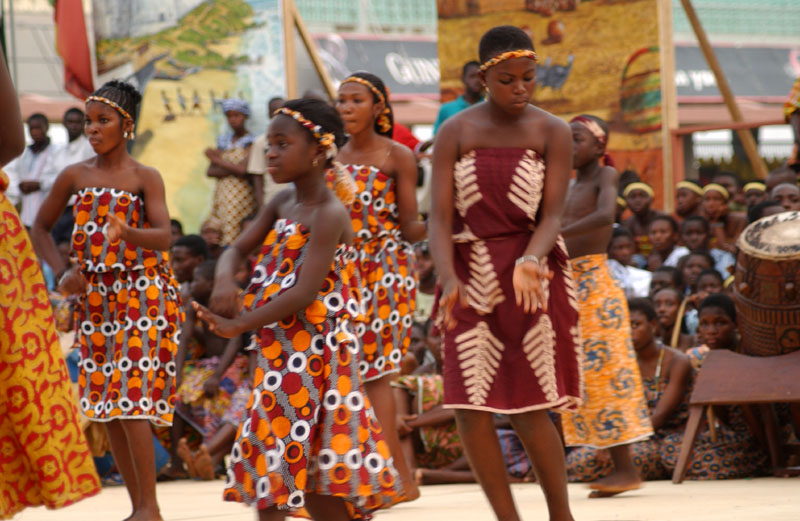
Let’s discard archaic tradition
‘Tradition’ is defined by the Thesaurus as the handing down of statements, beliefs, legends, customs, information, etc., from generation to generation, especially by word of mouth or by practice.
It is a known fact that traditional practices have helped to shape the lives of millions of people and also enabled them to uphold their identities very strongly.
Advertisement
For instance, in Japan, China and other parts of Asia, tradition as per their style of dressing, the drinking of herbs, among other things, has given the people a strong identity.
In that case, Ghana is no exception. The ‘dipo’ custom, as practised by the Ga-Dangme, is meant to protect young girls from sexual exploitation, diseases, among other things, so that they remain virgins until marriage.
There is also the tradition of making people avoid the forest on certain days and the sea and the rivers on Tuesdays, for obvious reasons.
However, these good practices have been relegated to the background because of lack of proper enforcement, while we stick to many other traditional practices that are manifestly outmoded and of no value in these modern times.
One typical example that has become topical is that girls in the Upper Denkyira East municipality in the Central Region are forbidden from crossing the Offin River on Tuesdays to attend school on the other side of the river. They are also not allowed to cross the river when they are in their menses.
The order, supposedly from the river gods, is said to be adversely affecting the performance of girls in the Basic Education Certificate Examination (BECE) in the region.
The River Offin marks the boundary between the Ashanti and the Central regions. Many children from the Ashanti Region, especially in the settler communities, trek across the river to schools in Kyekyewere in the Central Region daily.
The Daily Graphic finds the order unfortunate and unacceptable, on the grounds that it is denying the future leaders of this country their right to education on a regular basis and their poor results in the BECE should be a wake-up call for action to stop it.
In societies where women were in the past forbidden from engaging in activities supposed to be the preserve of men, the situation is gradually changing because the people have recognised the contribution of women to the socio-economic development of those regions.
Such practices are being stopped elsewhere and Ghana should carefully weigh the pros and cons and act in a manner that will not worsen our already bad situation but make it better in the supreme interest of all.
Against this background, we commend the move by the Central Regional Minister, Mr Kwamena Duncan, who reportedly met the heads of junior high schools in the Central Region in Cape Coast yesterday to know what the educational authorities were doing to resolve the problem.
We strongly agree with the minister that there are many issues impeding the development of education in the region and the nation as a whole.
The Daily Graphic urges the government to take the matter up and, as a matter of urgency, engage all traditional rulers in the country to outlaw all practices that do not serve the larger interest of society.
We need our girls in school each time, just like the boys, because, as one very prominent Ghanaian, Dr Kwagyir Aggrey, once said: “If you educate a man, you educate an individual, but if you educate a woman, you educate a whole nation.”



